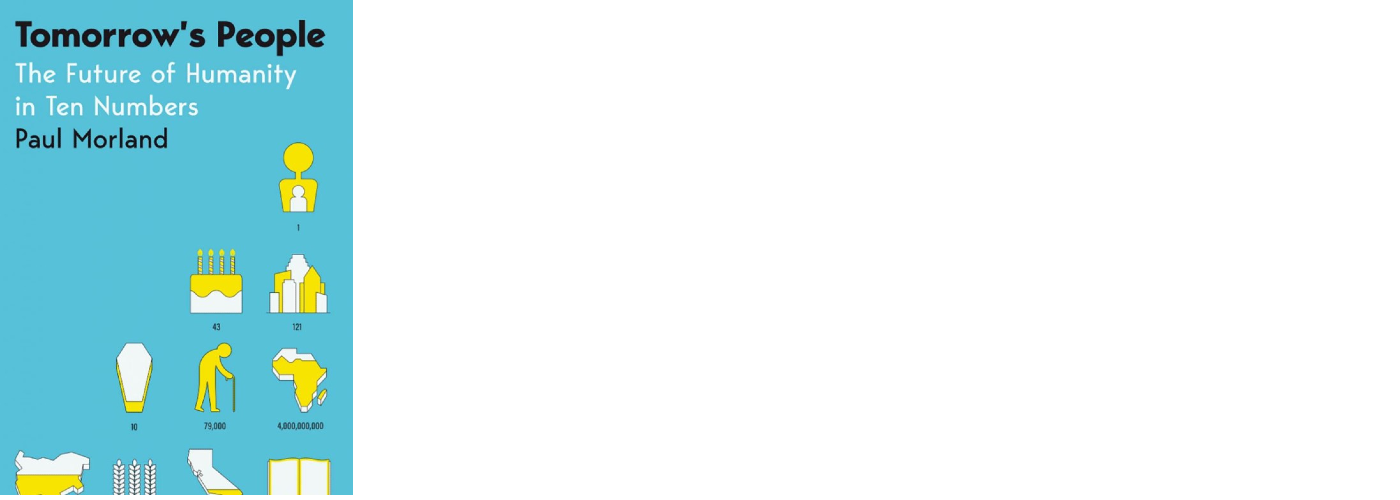Book of the week: An Accidental Icon by Norman Scott
Scott’s memoirs tell the story of his disturbed upbringing and traumatic adult life

A free daily email with the biggest news stories of the day – and the best features from TheWeek.com
You are now subscribed
Your newsletter sign-up was successful
If you haven’t “been paying attention”, the message of this book is “going to come as a shock”, said David Aaronovitch in The Times. It argues that the “big demographic problem” of the future isn’t that there will be “too many people” on the planet, but that there will soon be “too few”.
The world’s population is growing now, and in this “pithy and well-structured book” Paul Morland, a lecturer at Birkbeck College in London, predicts it will go on doing so for a while yet, peaking at around 11 billion later this century. But that trend, he argues, is deceptive, because it depends on rapid growth in a few places, such as sub-Saharan Africa. Meanwhile, across much of the rest of the planet, fertility rates are falling so fast that those dying are not being replaced. “Most of the West reproduces below or well below replacement rate, as does China.” Morland’s prediction is that the world’s population will fall significantly, with a profound effect on “social dynamics”.
At the heart of Morland’s analysis is a process known as the “demographic transition”, said Sarah Harper in Literary Review. This holds that as societies develop economically, life expectancy increases – leading to a population surge. But then, as such societies become more prosperous and educated, women start having fewer children – and their populations age and decline.
The Week
Escape your echo chamber. Get the facts behind the news, plus analysis from multiple perspectives.

Sign up for The Week's Free Newsletters
From our morning news briefing to a weekly Good News Newsletter, get the best of The Week delivered directly to your inbox.
From our morning news briefing to a weekly Good News Newsletter, get the best of The Week delivered directly to your inbox.
The demographic transition is particularly advanced in Japan, a country with 79,000 centenarians, said Colin Freeman in The Daily Telegraph. Italy, Bulgaria and Russia are also shrinking fast. By contrast, Nigeria’s population is expected to double to 400 million by 2050. Tomorrow’s People is a deft, well-argued work that provides a “concise chronicle of our global breeding habits”, and which is “illuminating on how the ebbs and flows of population can influence history”.
Picador 304pp £20; The Week Bookshop £15.99

The Week Bookshop
To order this title or any other book in print, visit theweekbookshop.co.uk, or speak to a bookseller on 020-3176 3835. Opening times: Monday to Saturday 9am-5.30pm and Sunday 10am-4pm.
A free daily email with the biggest news stories of the day – and the best features from TheWeek.com